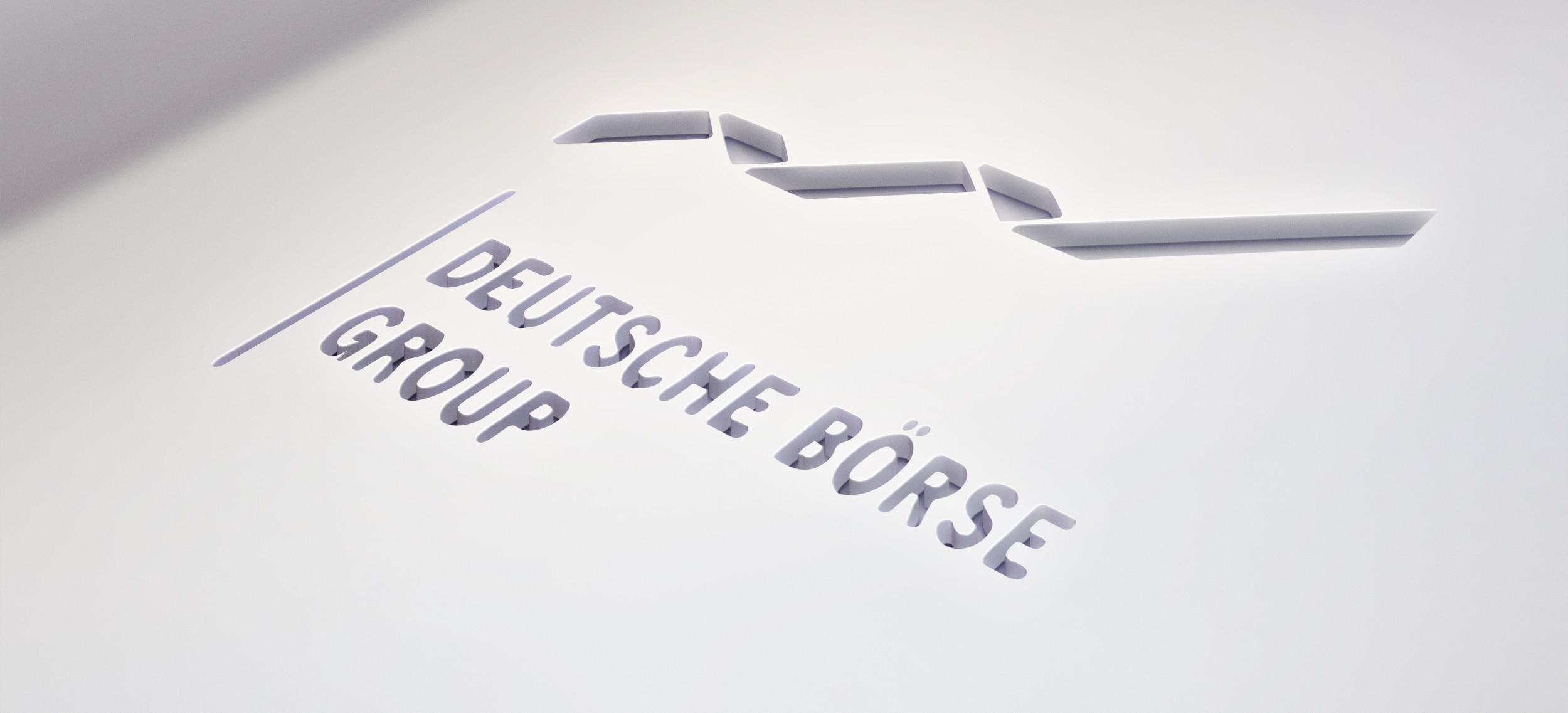Deutsche Börse, which operates multiple stock exchanges in Germany, published the trading metrics across its cash markets that generated a total turnover of €147.1 billion in April, which is a 14.8 percent decline year-over-year. The cash markets saw a trading volume of €172.8 billion in April 2020.
Monday’s press release detailed that the Xetra Exchange , which generated most of the trading volumes, saw a dip of 16.5 percent to €118.4 billion last month from the previous year’s €141.9 billion. The average daily volume in the exchange for the month remained €5.9 billion, which is down from €7.1 billion.
The other two German trading venues, Börse Frankfurt and Tradegate Exchange, witnessed a similar drop in volume. The first one reported April’s trading volumes to be €4.1 billion, which is down from €5.3 billion in the previous year, while the other generated €24.6 billion, which is €1 billion less than April 2020.
Equities Dominated the Market
Unlike Börse Frankfurt and Tradegate Exchange, Xetra only offers trading services with equities and exchange-traded funds or notes. Equities trading recorded the highest trading volumes in the overall cash market with €125.7 billion, out of which Xetera generated €101.8 billion. The exchange operator detailed that the shares of software company SAP changed hands the most on Xetera, single-handedly generating a volume of €5.7 billion.
Trading volume with ETFs/ETCs/ETNs instruments came in at €19.3 billion, while bonds, certificates, and funds generated €0.5 billion, €1.3 billion, and €0.2 billion, respectively.
In its quarterly financial report published earlier, the Deutsche Börse revealed that it generated a revenue of €814 million in the last quarter of 2020, gaining 8 percent when compared to the same quarter of the previous year.

















